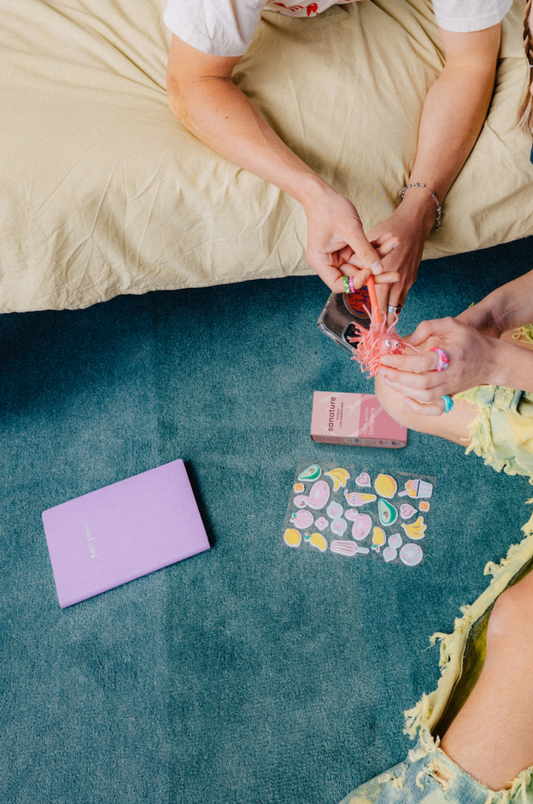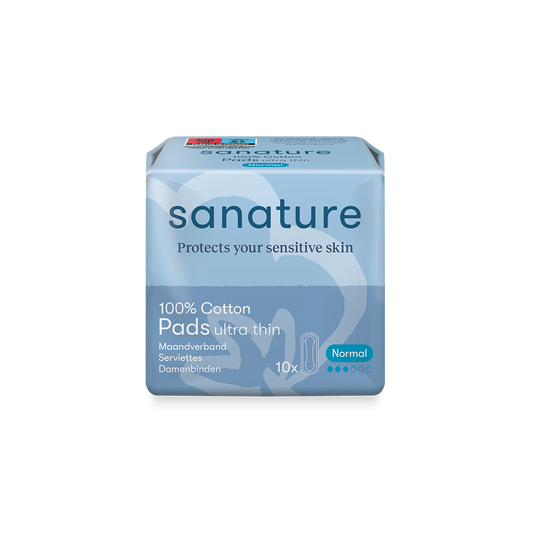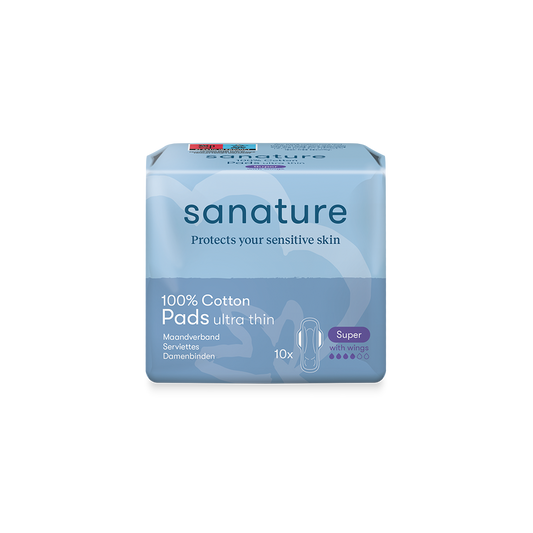Are we really getting our periods younger?

When do first periods usually start?
According to the Library of Medicine, most teenagers today get their first periods – also known as menarche – between the ages of 10 and 16, with 12.4 being cited as the average age. For some tweens, periods can start a lot earlier, like age seven or eight. That being said, first periods usually don’t come completely out of the blue. They tend to start two years into puberty and are often predated by earlier signs of puberty, like growing breasts, body hair (especially under the armpits and pubic area), growth spurts and changing body smells.
Are girls getting their first periods younger?
In the last decades, several studies have confirmed that girls (and other kids assigned female at birth) are starting puberty younger and younger. A large analysis from 2020, for example, found that the onset of puberty in girls has dropped by almost three months per decade since 1977. Strangely, during the Covid-induced lockdowns of 2020 and 2021, several countries (including Germany, Turkey and Korea) confirmed a spike in girls hitting puberty before the age of eight. Since periods tend to come a few years into puberty, it makes sense that menarche also starts earlier for these girls.
According to American data, the average age of a tween’s first period has dropped by two years in the last century, and six months compared to 20 or 30 years ago. Other studies claim that, in most ‘developed’ countries, the average menarche age has dropped from age 17 in 1840 to age 12 in 2000. However, the starting age of periods seems to vary a lot per country. And many of these studies rely on self-reported data, which isn’t always fully accurate.
Why are tweens starting their periods earlier?
Although it’s hard to estimate exactly by how much, girls today do appear to get their periods younger than 100, or even 50 years ago. This is in line with kids starting puberty younger. But researchers don’t exactly know why. Some (inconclusive) studies blame endocrine disruptors: chemicals that can be found in some cosmetics, foods, plastic items and elsewhere, and that disrupt your body’s natural hormonal system. Other studies point the finger at childhood obesity, stating that many – but, crucially, not all – overweight girls started their periods younger. Severe stress, trauma and (an inactive) lifestyle seem to play some kind of role too, which might explain the spike in younger girls hitting puberty during lockdown.
Should you be worried?
Although it seems scary, kids hitting puberty and getting periods younger, generally isn’t a cause of concern. But it might require some adaptability from parents, carers, teachers and other adults in charge.
If your child shows signs of puberty (including armpit hair, budding breasts or even a period) before the age of eight, it’s wise to visit a doctor together. They can rule out any underlying issues.
What can you do, as a parent or carer?
Since the cause for earlier periods isn’t exactly clear, there’s little you can do to prevent your tween from getting her period prematurely. Chances are, you’re already making sure your kid has a reasonably healthy lifestyle (including a somewhat healthy diet, enough exercise and not too much stress).
That being said, you can remove some of the discomfort and awkwardness associated with early periods. Rather than hiding anything period-related from your kids (no matter their gender), educate them about it from a young age. This way, you’ve already debunked some of the stigma and awkwardness of periods long before your child gets theirs – however early. Be on the safe side and make sure you have natural period supplies in the house (plus your kid knows where to find and how to use them), even if she’s only seven or eight. Tip? Our 100% cotton pads are not disruptive and very comfortable to use. Together, you can prepare for a first period that might come sooner than you think.

